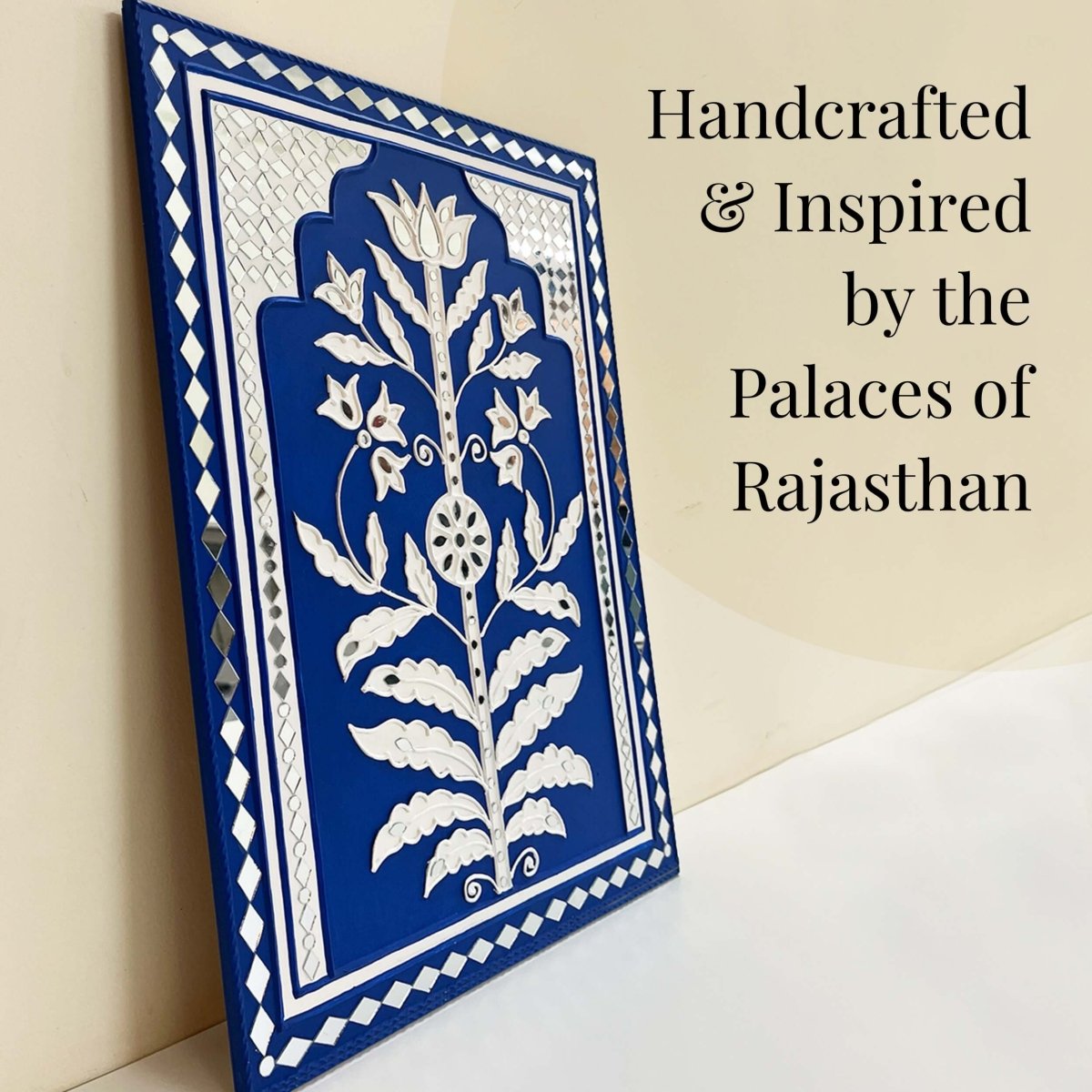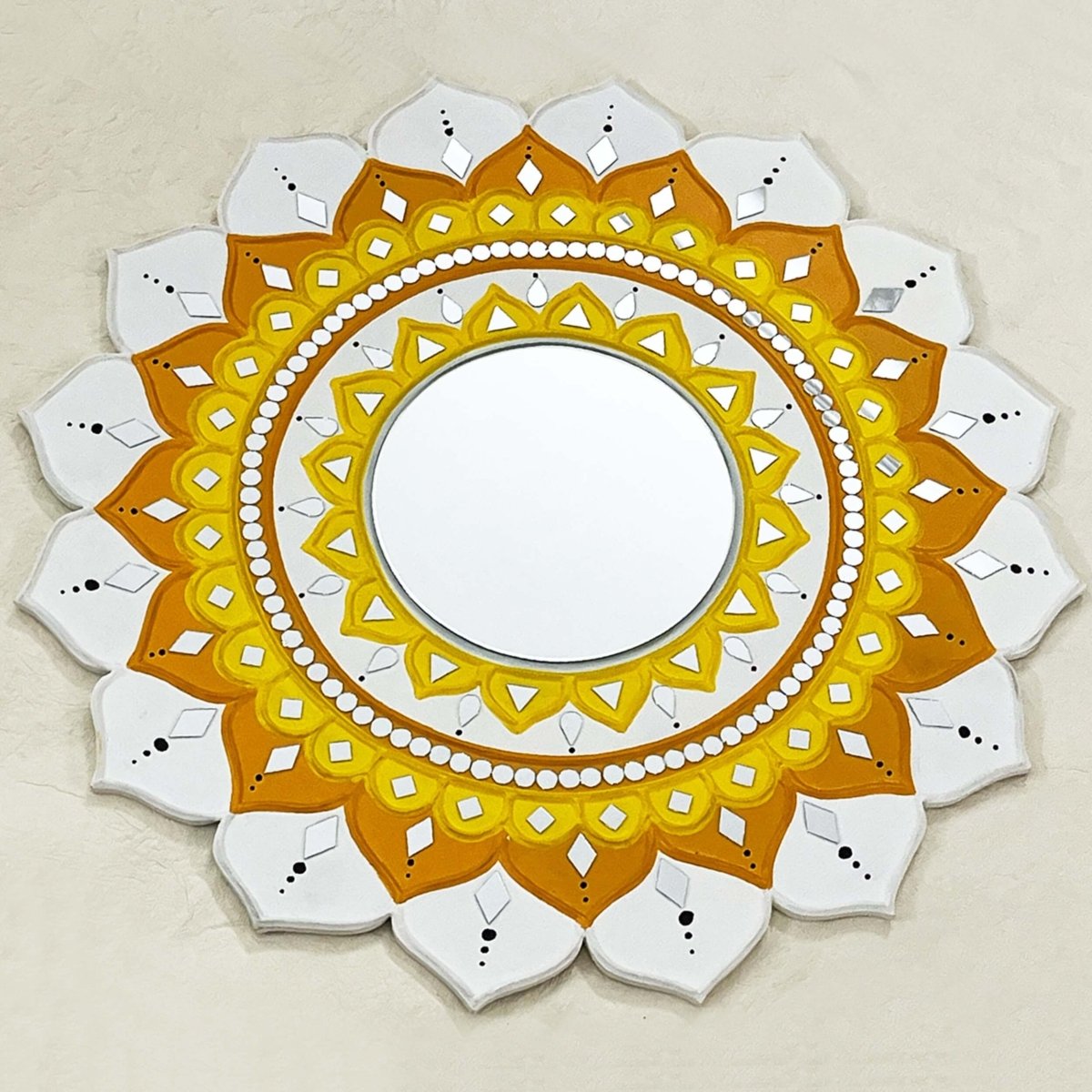Virchand Gandhi: Taking Jainism to the World
BOOKMARK
The story of Swami Vivekananda and his speech at the World Parliament of Religions at Chicago in 1893 which introduced Hindu philosophy to the West is well known. But few realise that there was yet another Indian scholar who also captivated the audience of over 3,000 delegates, but is forgotten by history. This was Virchand Raghavji Gandhi (1864-1901), who attended the meet as a representative of Jainism.
– Wearing a long, loose kurta, white shawl, golden bordered Kathiawadi turban and country shoes, Virchand talked about the doctrines of his religion - code of conduct, way of life and cosmology - in such an eloquent and coherent manner that Buffalo Courier, an American newspaper reported, “of all Eastern scholars, it was this youth whose lectures on Jain Faith and Conduct was listened to with the greatest interest and attention.”
He made such an impression at the conference that he was invited to deliver lectures and take classes in places like Boston, New York and Washington DC in the US, and in England, France and Germany in Europe.
His knowledge was not limited to Jain philosophy and he spoke and wrote on a plethora of subjects, ranging from the Indian international trade system to ancient Indian civilizations, the science of eating and the occult. It is said that he delivered 535 lectures in 14 languages, often receiving a standing ovation and being awarded medals for the substance and quality of his lectures. Here is the story of this great man.
Born on 25th August 1864 in Mahuva, Gujarat, to businessman Raghavji Tejpalji Gandhi, Virchand was a keen student who topped his matriculation from Bhavnagar. For further studies, he enrolled at Bombay’s Elphinstone College and graduated in 1884 with a Bachelor’s degree in Law. It was during this time that he met Mahatma Gandhi, who later mentioned Virchand in his autobiography, saying:
“While in Bombay, I began, on one hand, my study of Indian law and, on the other, my experiments in dietetics in which Virchand Gandhi, a friend, joined me. My brother, for his part, was trying his best to get me briefs. The study of Indian law was a tedious business...Virchand Gandhi was reading for the Solicitor's Examination and would tell me all sorts of stories about Barristers and Vakils.”
Virchand soon found a position as an article clerk in the firm of government solicitors Ms Little, Friar and Nicholson. Being the first graduate in the Jain community to secure a Bachelor’s degree with Honours, he was appointed as the honorary secretary of the Jain Association of India at the young age of 21, in 1885. He used his legal skills to gain exemption from tax being levied by the Princely State of Palitana on pilgrims visiting the Jain pilgrimage site here. His negotiations resulted in an annual fixed payment of Rs 15,000, rather than an individual tax on each pilgrim.
He also took on the government to close a pig slaughterhouse that had been started in 1891 near Mount Shikharji (present-day Jharkhand), another Jain pilgrimage site. He spent six months in Calcutta learning Bengali to prepare his case and won.
It was his ability to stand up for what he believed in that took him across the ocean as a spokesperson of his religion. Originally, Acharya Vijayanandsuri, the most acclaimed Jain monk of the time, had been invited to speak at the conference. But as Jain monks travelled only on foot, he could not participate. It was he who recommended Virchand as an emissary and trained him extensively for six months.
During the course of the Parliament, Virchand’s adherence to Jain values also won the admiration of Swami Vivekananda, who defended him when Virchand was criticised for undertaking a sea voyage, which was considered unholy at the time. In 1894, in a letter to Haridas Viharidas Desai, Diwan of Junagadh, Swami Vivekananda wrote:
“Now here is Virchand Gandhi, the Jain whom you knew well in Bombay. This man never takes anything but mere vegetables even in this terribly cold climate, and tooth and nail tries to defend his countrymen and the religion. The people of this country like him very well. But what are they doing who sent him over? They are trying to outcast him.”
Back home, Virchand was also politically active in the cause of India’s freedom and represented the Bombay province at the Indian National Congress session held in Pune in 1895. Stalwarts like Justice Ranade and Premchand Roychand were among his close associates.
He made a second visit to America in 1895, at the request of friends. This time, he also took on the role of a reformer as he established the Gandhi Philosophical Society, the School of Oriental Philosophy and the Society for the Education of Women in India (SEWI), under whose banner several Indian women went to the US for higher studies. When he heard of the devastating famine that had struck his homeland in 1896-97, he collected Rs 40,000 and sent a shipload of grains from the US to India.
However, since income from his lectures was not enough to defray his expenses while in America, Virchand had to bear some of the expenses himself. He, therefore, decided to finish the Barrister Course in London and divided his time between the East and the West. Meanwhile, he also represented India at various commerce and real-estate conferences.
The London climate had compromised his health and doctors advised Virchand to return home. But he was determined to take the examination and did so in June 1901, with honours. A month later, on 7th August 1901 at the age of 37, he passed away at Mahuwar near Mumbai due to hemorrhaging of the lungs.
– Virchand’s legacy is set in stone in the form of statues in Chicago and Delhi, and, in 2009, the Indian Postal Service issued a stamp in his honour. A drama based on his life, titled Gandhi Before Gandhi, has been performed 200 times across the world.
He was remembered at the second Parliament of World Religions in Chicago in 1993, a century after the first one, for exemplifying the best in the religious, national, political and literary life of India. It was a fitting tribute to a scholar who played a part in putting India on the global map.









